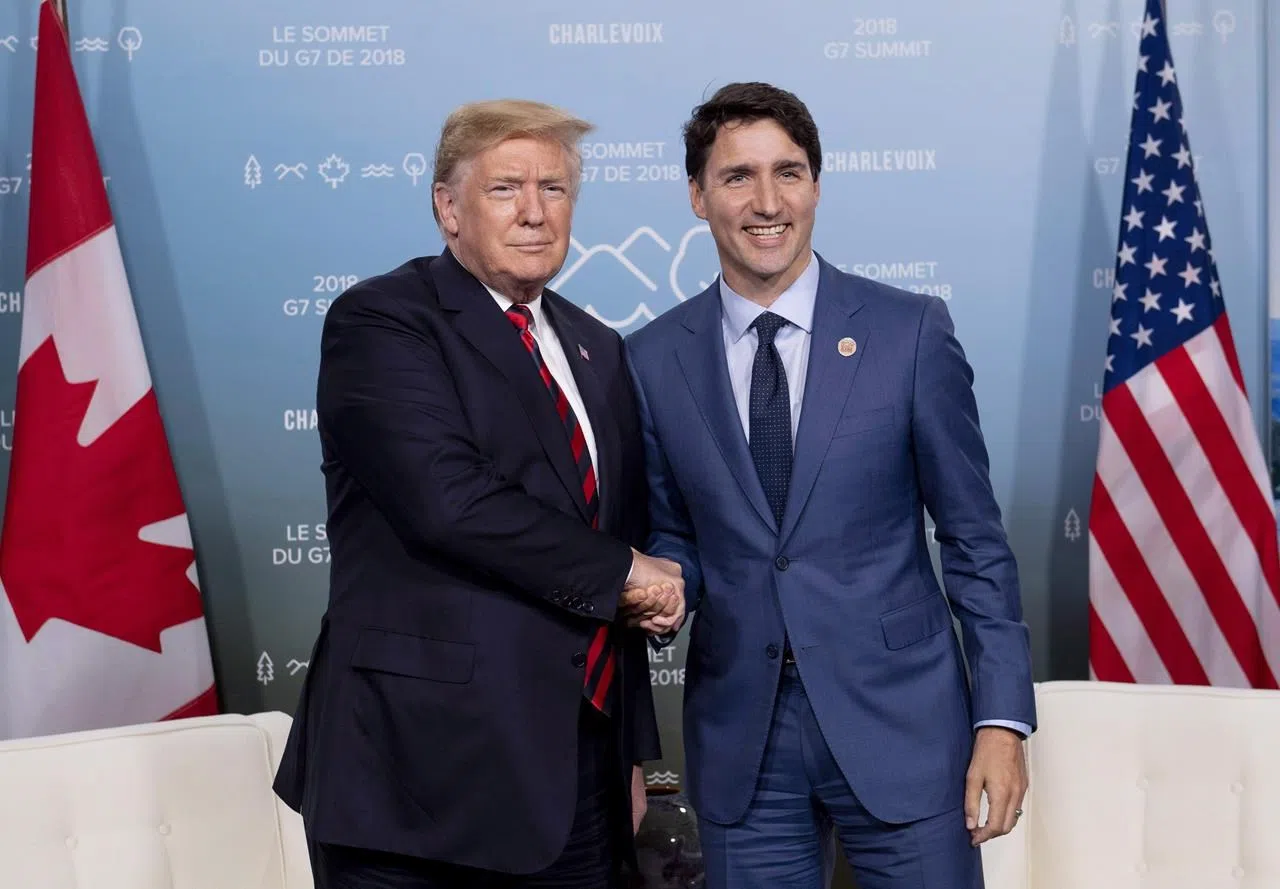
Freeland rebuffs China on Meng in Washington, ahead of Trudeau- Trump meeting
OTTAWA — Foreign Affairs Minister Chrystia Freeland firmly rebuffed China’s latest demand Thursday to free high-tech scion Meng Wanzhou, saying it would set a dangerous precedent that could endanger all Canadians abroad.
The unapologetic rejection came in Washington, where Freeland ended two days of meetings with top Trump administration officials and U.S. lawmakers, a table-setter for next week’s White House meeting between Prime Minister Justin Trudeau and President Donald Trump.
Trump and Trudeau are to discuss the ongoing effort to ratify the new North American trade agreement as well as their shared challenges with China. The meeting will give Trudeau and Trump an opportunity to discuss strategy ahead of the G20 leaders’ summit in Japan at the end of the month, when they’ll have face time with Chinese President Xi Jinping.
In December, China detained Michael Kovrig and Michael Spavor in apparent retaliation for the RCMP’s arrest of Meng, a Chinese high-tech executive, on a U.S. extradition warrant.
